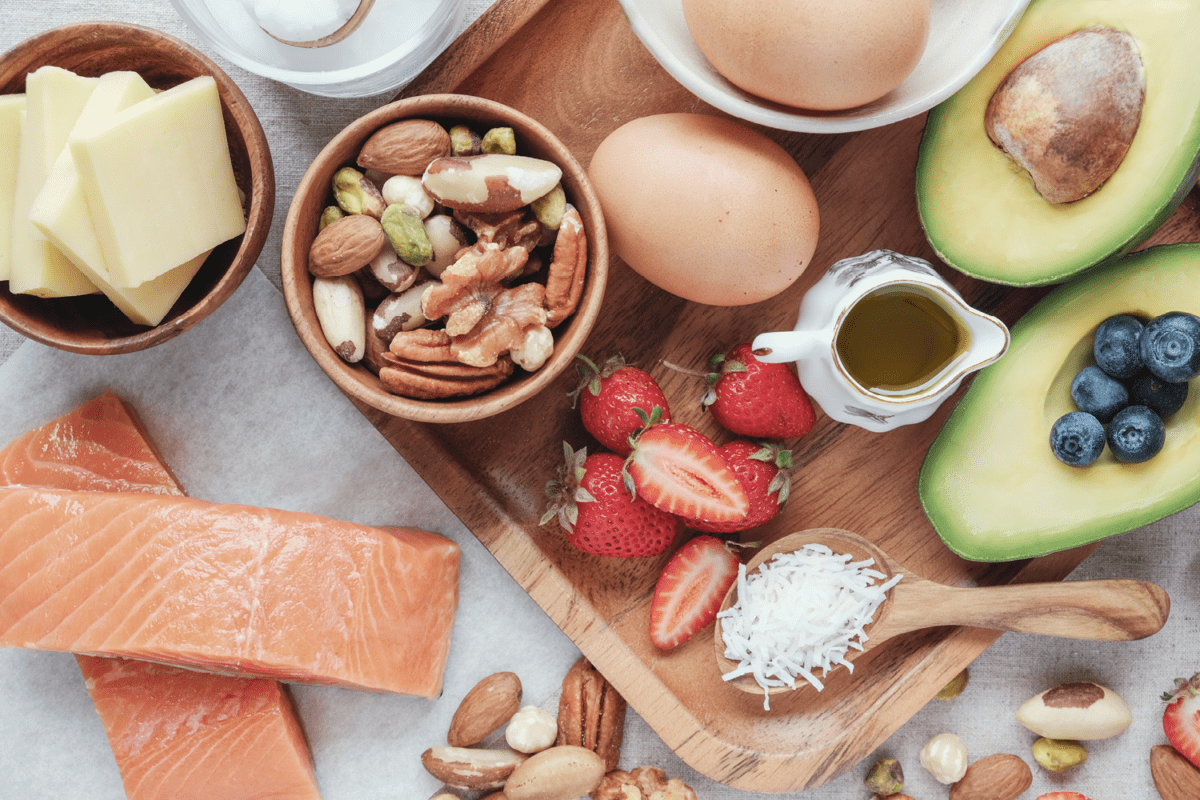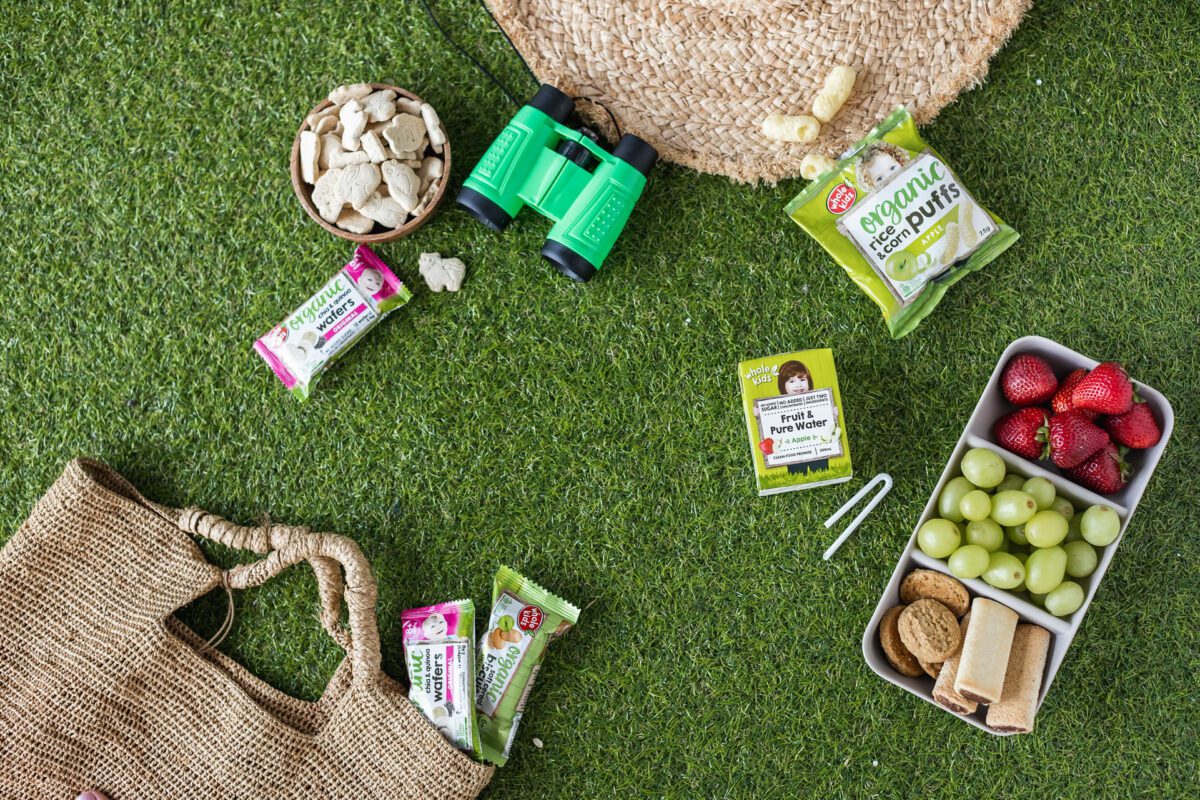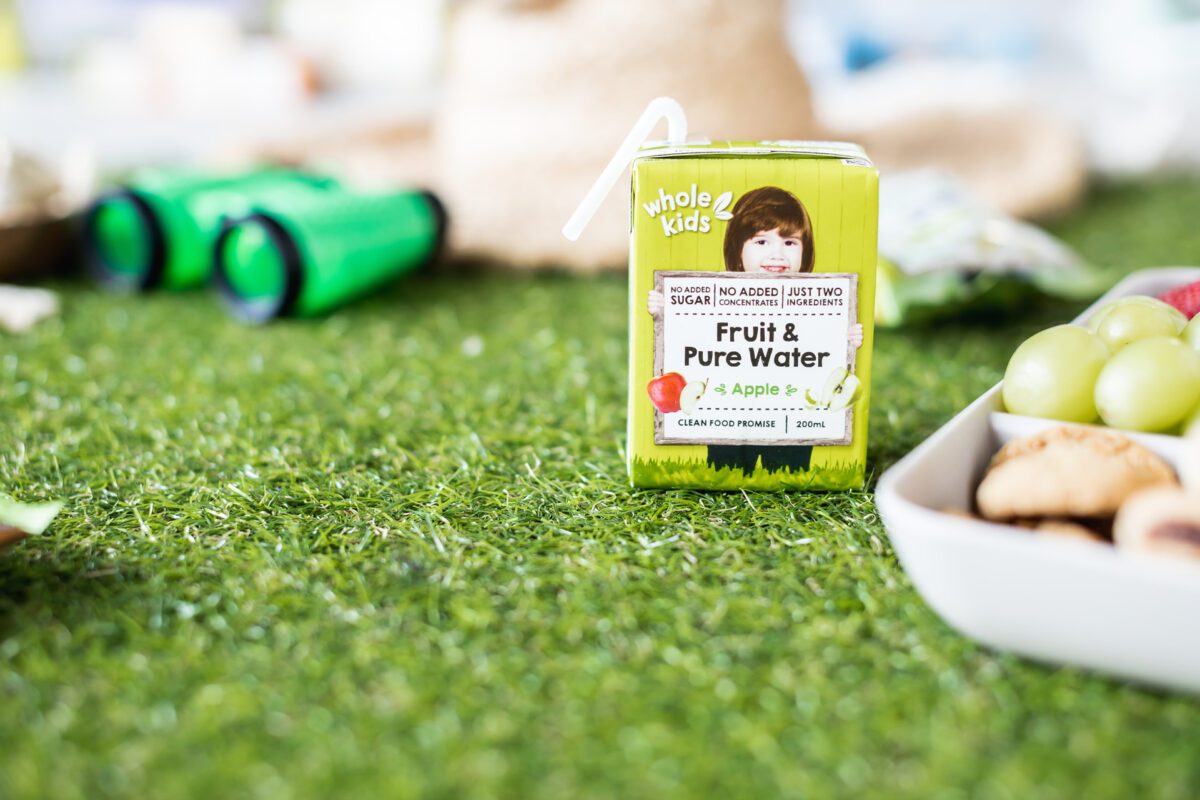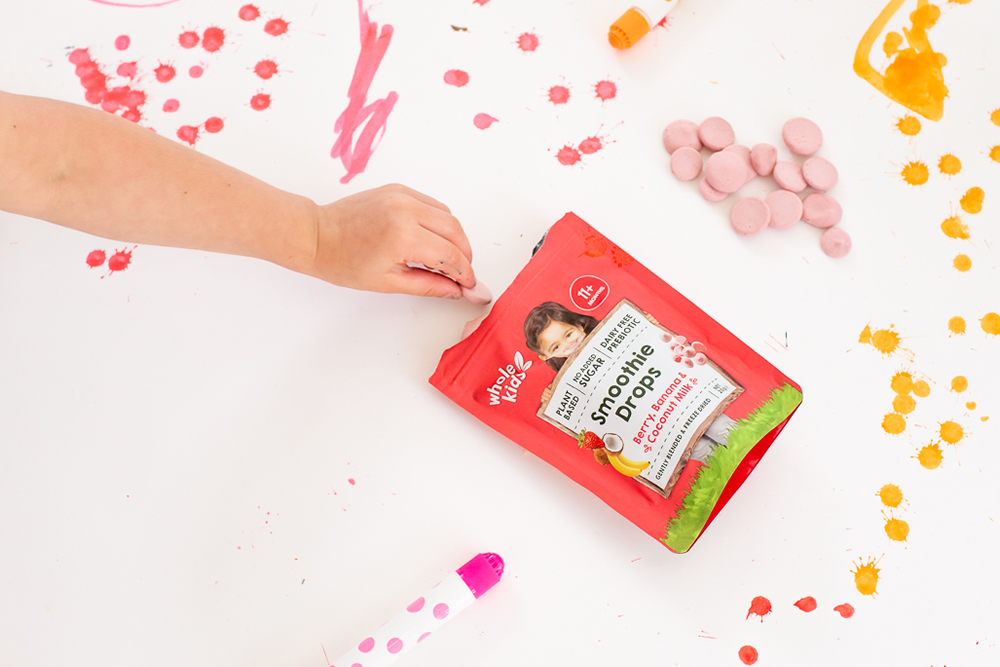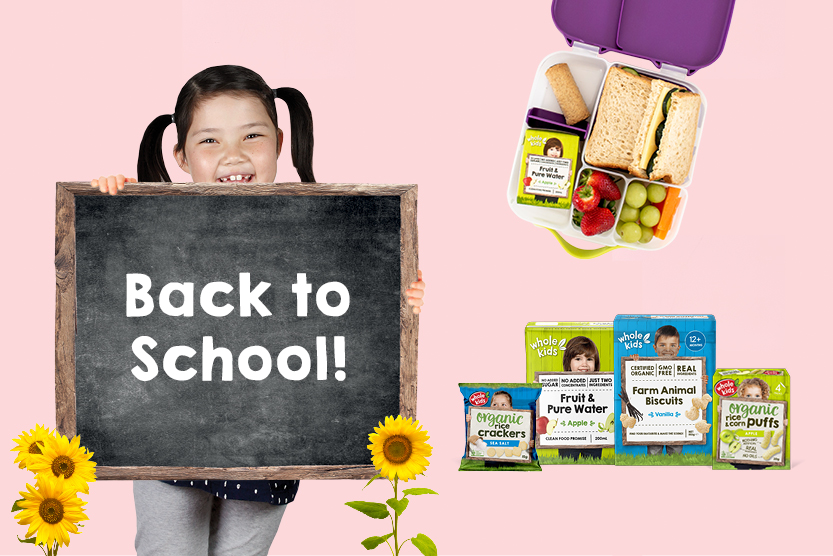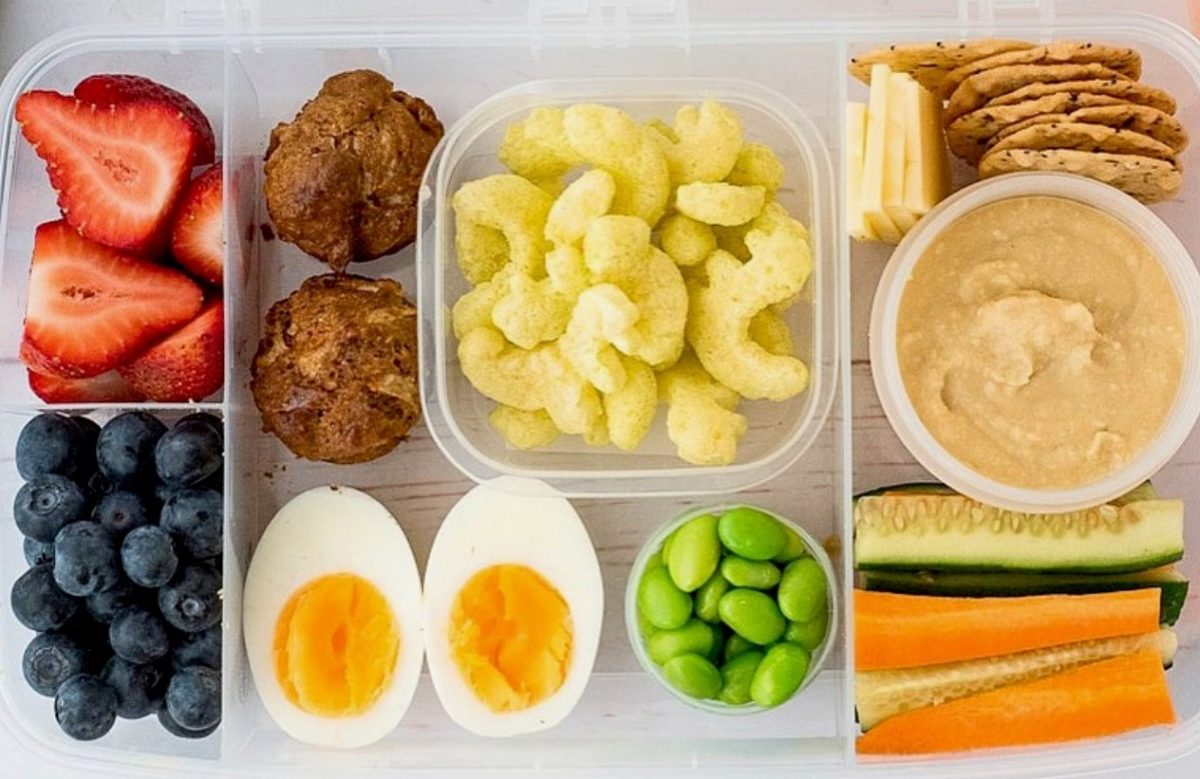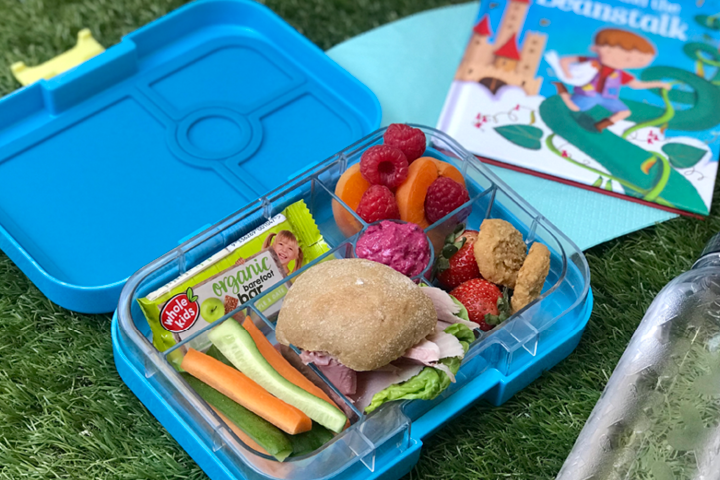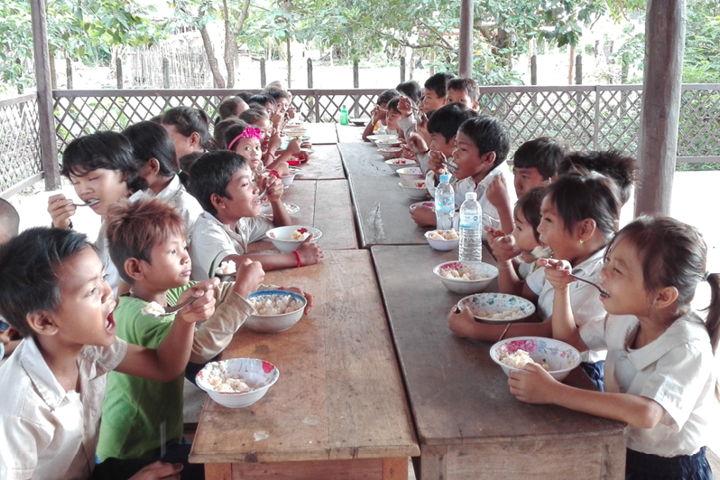New diets are emerging all the time, all claiming to be the healthiest, cleanest, or best way to lose weight. They often become trendy for a short while before fading into the background as the next one hits the press. Anyone remember the Atkins Diet or the South Beach Diet? The majority of these fad diets entail the restriction of one or more food groups.
However, the overriding evidence shows that healthy eating really is not that trendy as it’s simple to follow. Eat a wide variety of fresh, unprocessed foods, broadly following the healthy eating plate. A great way to think about your intake of fruit and vegetables in particular is ‘to eat a rainbow’.
However, this ‘diet’ doesn’t make many headlines. Instead, those which cut out certain foods, or follow a certain eating style, are much more likely to make headlines and gain interest amongst consumers. Some of the on-trend diets and their potential impact on kids’ health are indicated below.
Veganism
Vegans do not eat meat, fish, dairy, eggs, gelatine or any other animal products. For many of its loyal followers, veganism is not a fad diet, with it being followed for religious or ethical reasons for many years. However, it has grown rapidly in popularity amongst consumers who believe it to be healthier to not eat animal products.
Flexitarianism or part-time veganism, is also becoming more and more popular, as more consumers becomes conscious about their consumption of animal products, the animal’s welfare, as well as concerns about their weight. Additionally, research has shown that there are a number of benefits of reducing overall meat consumption. However, for children, if parents choose a vegan of even flexitarian diet, it needs to be carefully followed as they have very specific nutritional needs to meet requirements for normal growth and development. Minerals such as iron and vitamins such as calcium and B12, are much harder or impossible to get from a vegan diet.
Dairy-free
Dairy alternatives have greatly increased in popularity with most stores now offering a myriad of different milk options. Again, the main premise for switching to a dairy alternative is the belief they are healthier or better for the environment than regular cow’s milk. However, dairy alternatives, such as soy, nut, coconut and oat-based milk, are not suitable for children under 2 years of age, unless it is a vegan formula or growing-up milk. It is worth noting that unlike dairy-based milk, the nutritional content of many non-dairy milks is not regulated. It is also suggested that rice milk is not given to children under 5 years of age due to the arsenic content of the rice. If you do introduce non-dairy based milk with young children it is often recommended that they are introduced gradually. The first steps would be to use them in cooking or yoghurts, rather than the main milk drink.
A cup of milk or yogurt, or a slice of cheese, can contain anything from 300-400 milligrams of calcium, while a typical serving of non-dairy sources—except for small fish eaten with their bones—doesn’t tend to contain over 100 milligrams.
Paleo
A paleo diet, or paleolithic diet, follows the principles that humans should only eat those foods which our hunter gatherer ancestors did. Such foods include meat, fish, poultry, roots, fruits and vegetables, and nuts. Any food that is a product of modern agriculture, including grains, legumes, dairy, oils, sugar and salt, should be excluded.
Those who closely follow the diet believe that the modern diet is associated with obesity, diabetes, heart disease and cancers and reverting to a paleolithic diet can help stave some of these diseases.
For children it is important that they receive the nutrition required for normal growth and development and so cutting out whole food groups can be a bit risky if their diets are not carefully monitored. Therefore, any diet which they may follow should be checked with a healthcare professional first.
Low carbohydrate
A low carbohydrate, high protein diet is gaining traction, in part, because of the link between a high intake of carbohydrate and a high intake of sugar. The extreme “clean eating” philosophy is that not all carbohydrates are created equal. Unless a child is informed by their healthcare professional on why they should follow a low carbohydrate, they should continue to eat a range of different foods, including carbohydrates – which is a major component of fruit and vegetables. Grains, often considered the most carbohydrate-laden food are also a good source of many vitamins and minerals.
If you are thinking about one of these diets, or any other for that matter, think twice about the nutritional requirements of your whole family, particularly if you all tend to eat the same food. Eating wholesome, unprocessed foods from all of the food groups and enjoying preparing meals with your little ones may not be considered as trendy, clean or ‘healthy’, but shouldn’t be dismissed.
About the Author
Diana Austen works for Whole Kids as a Nutrition Advisor. With a Master’s degree in nutrition, she has over six years’ experience working with a range of companies on innovation, strategic insight and regulatory and scientific affairs. Fascinated by the nutritional requirements of infants and young children she focuses specifically on products for this age group.
